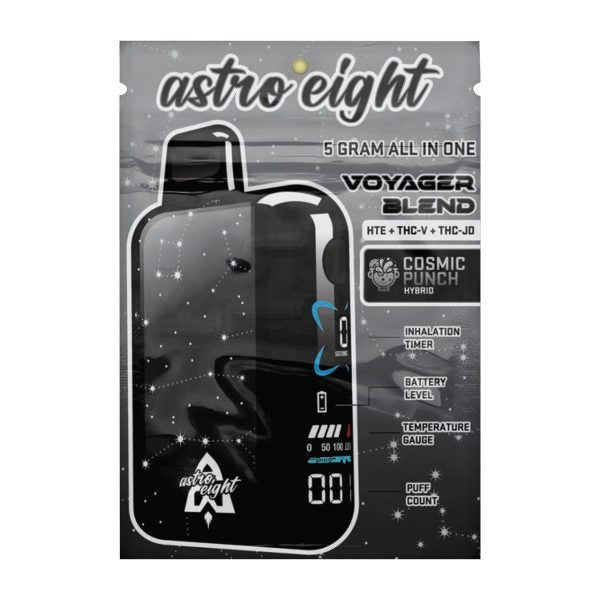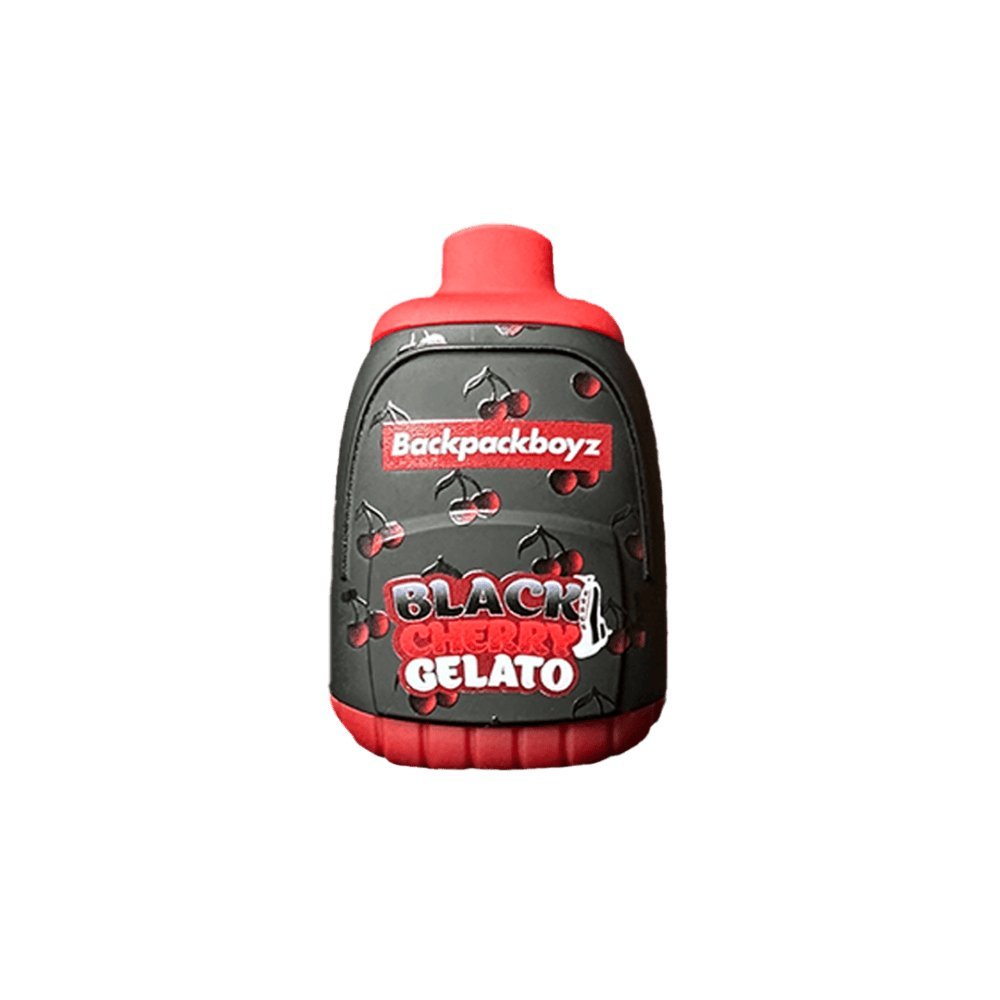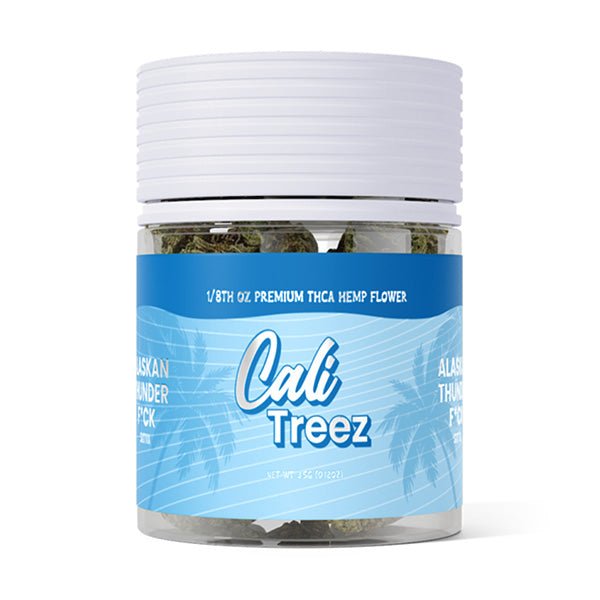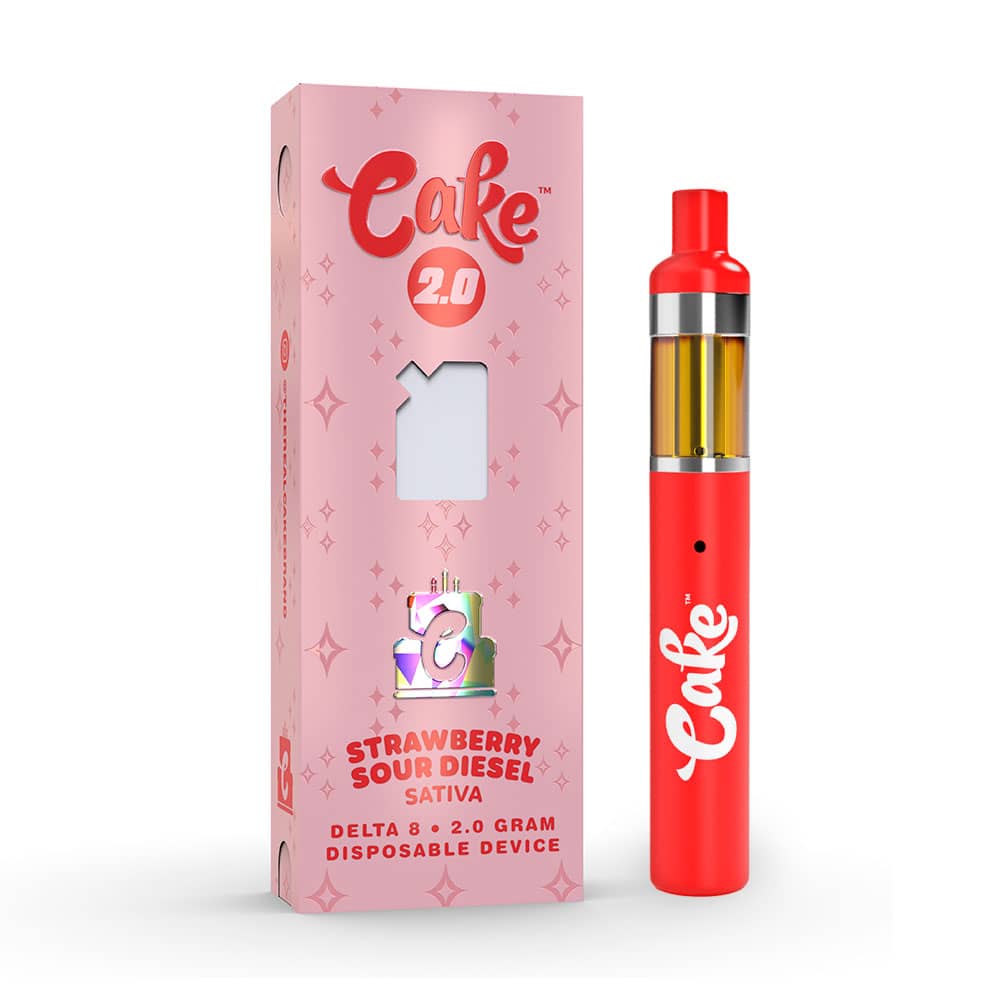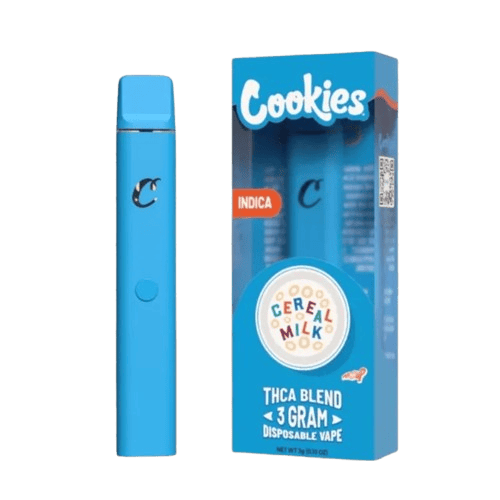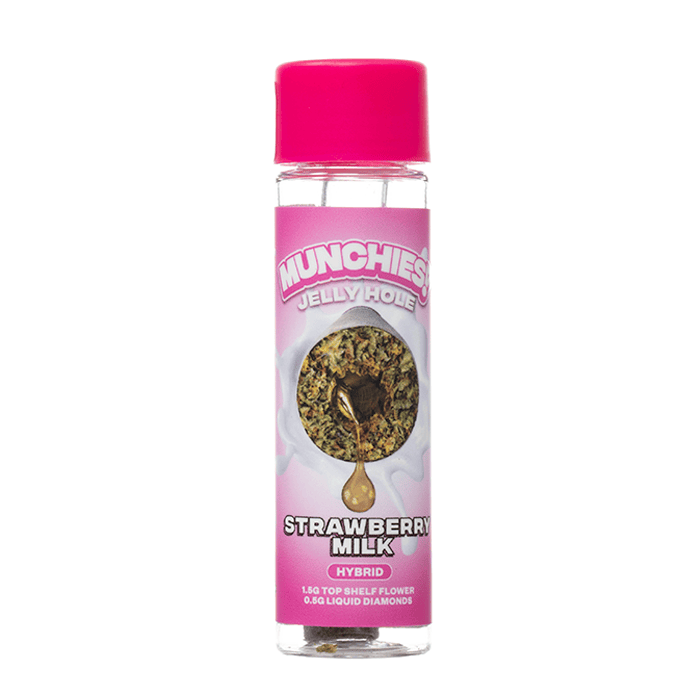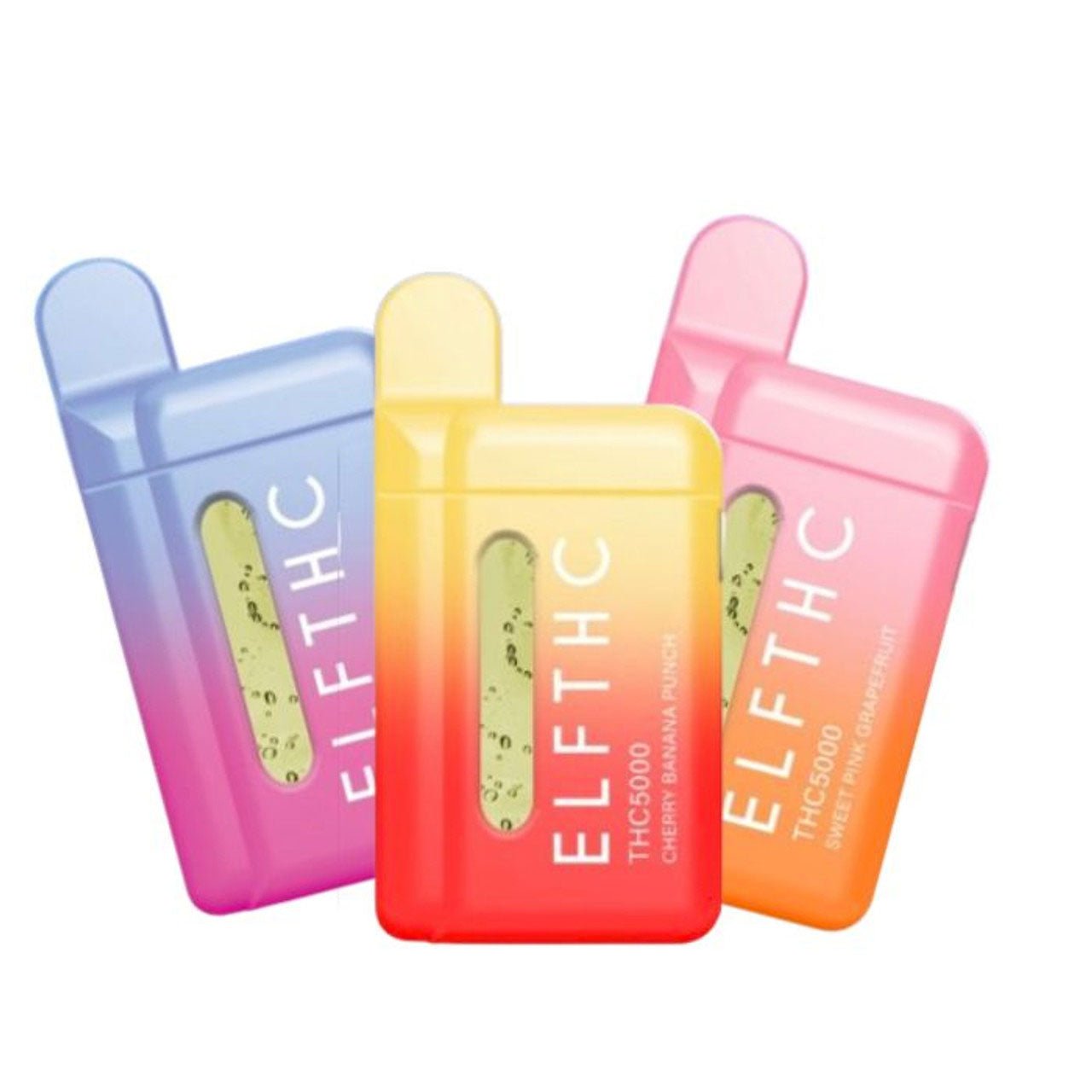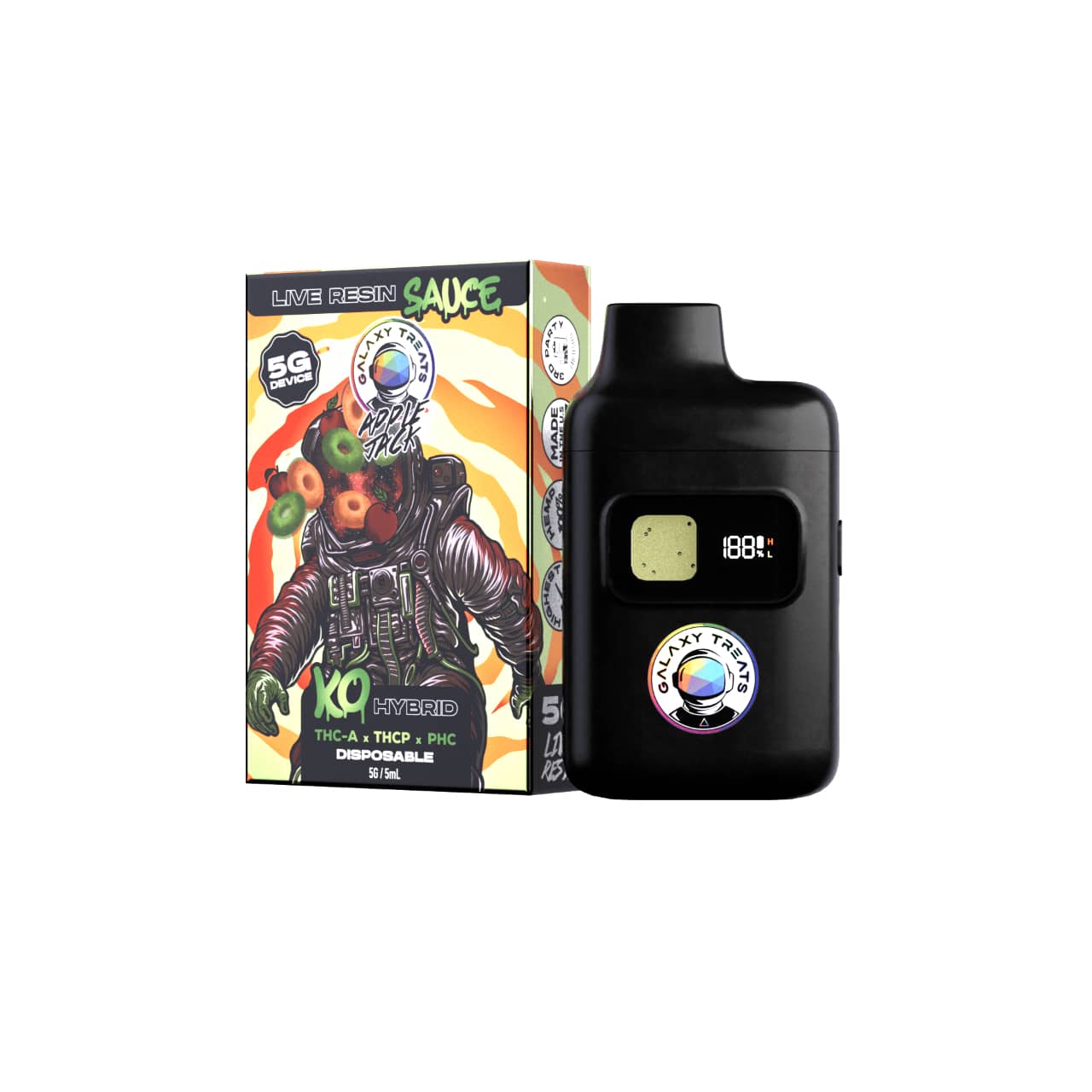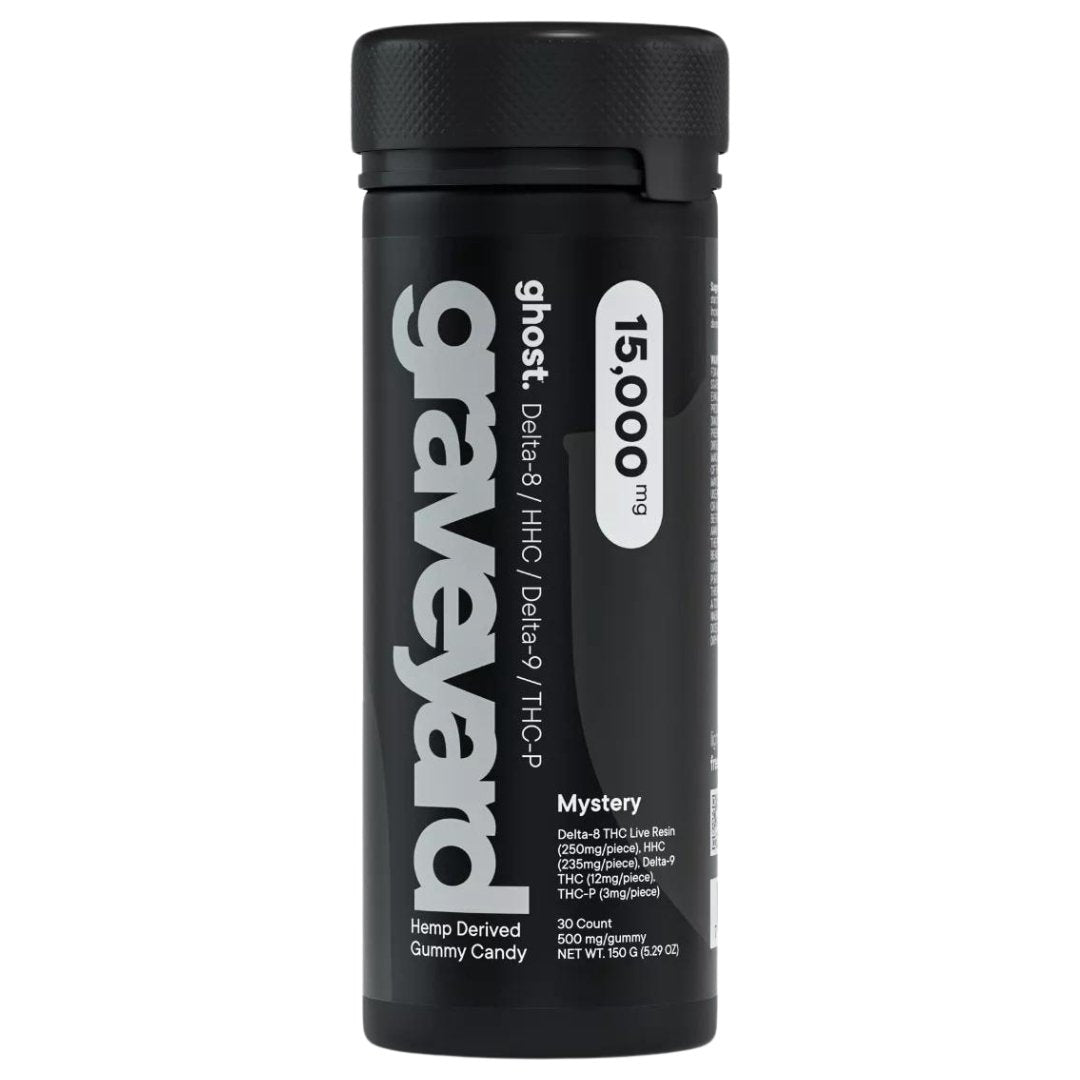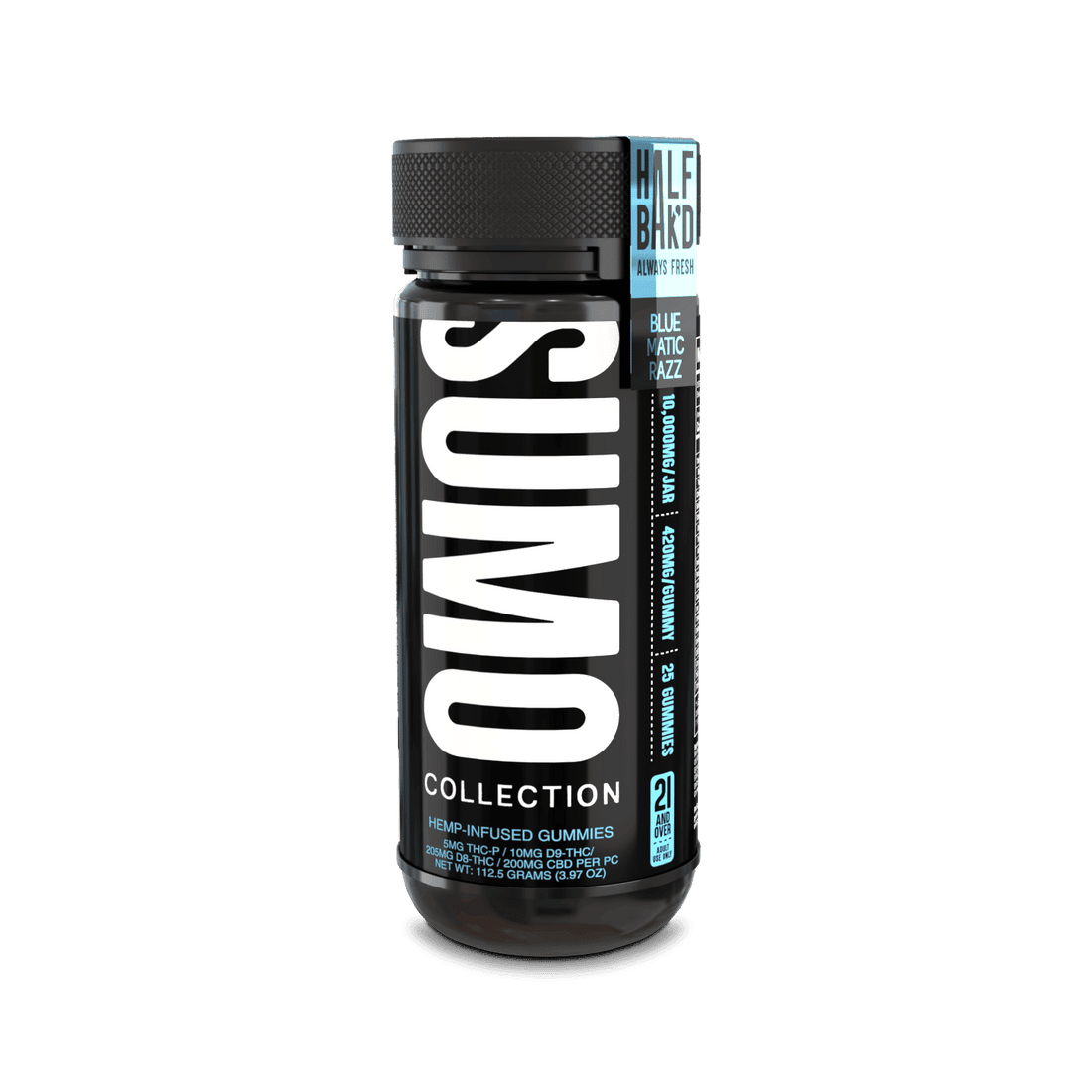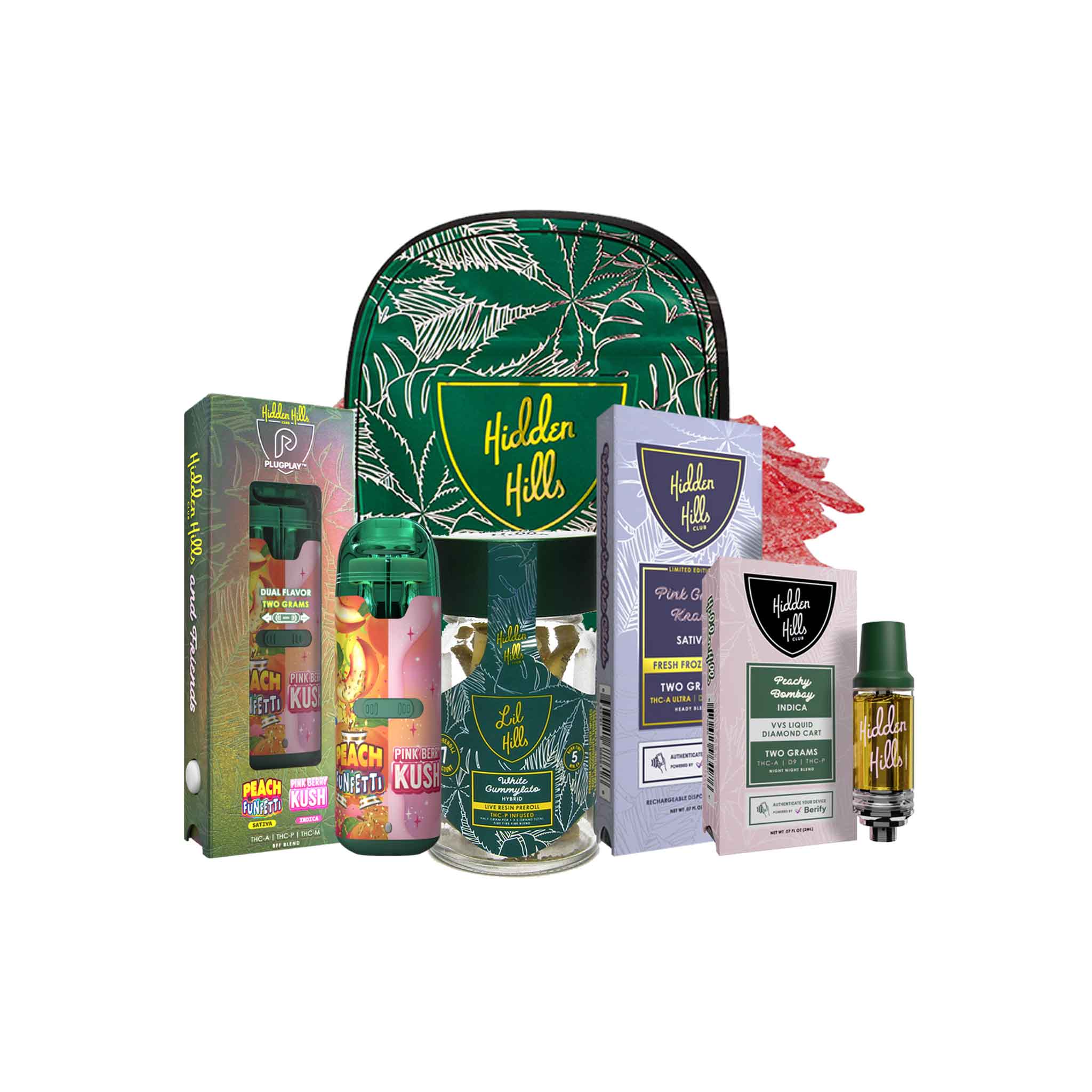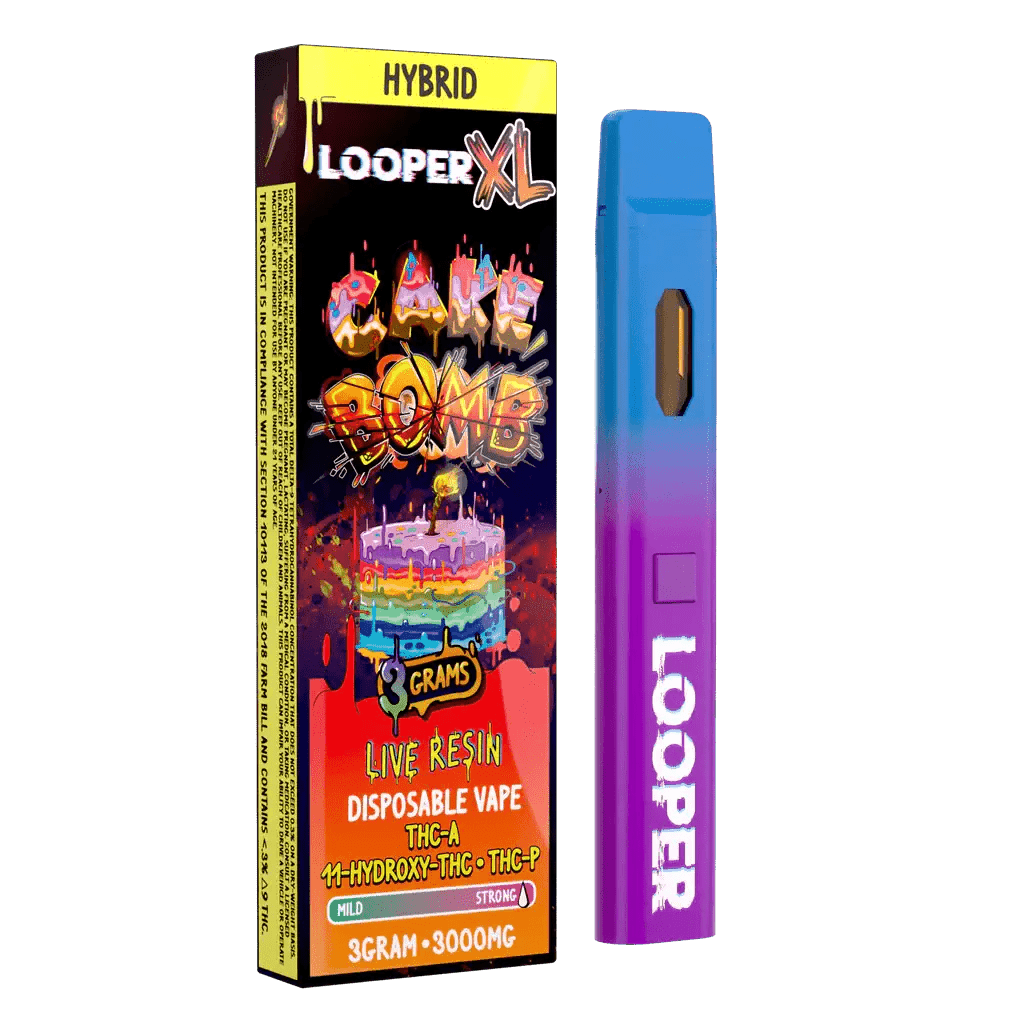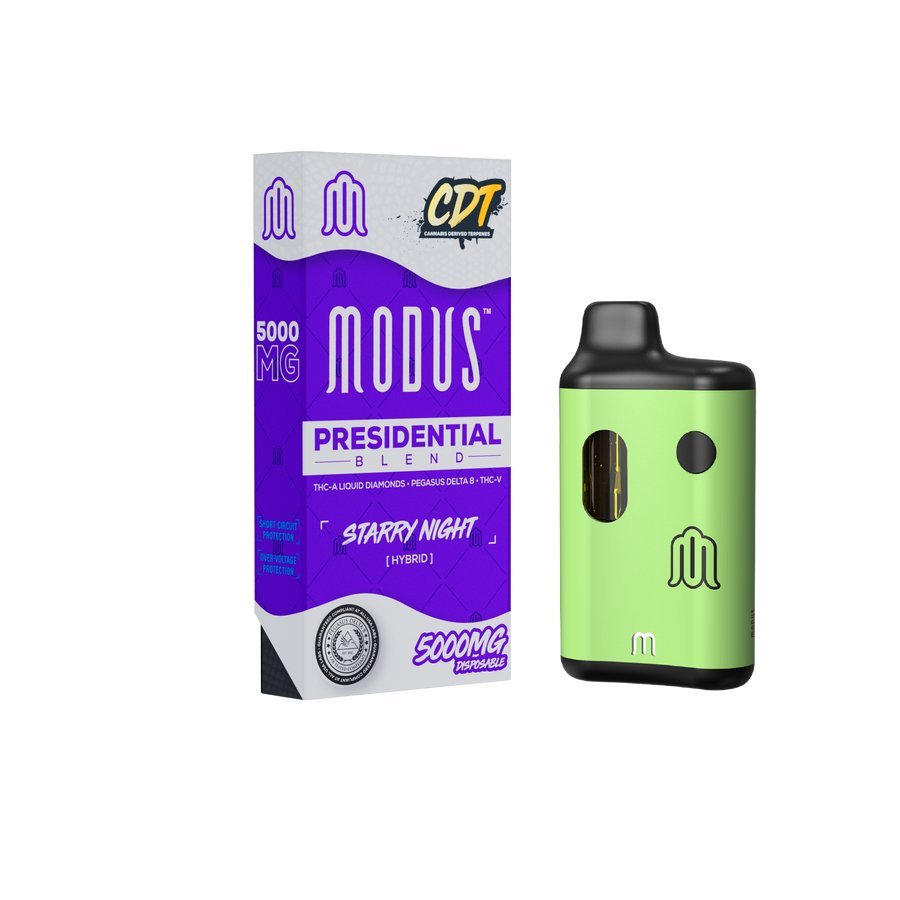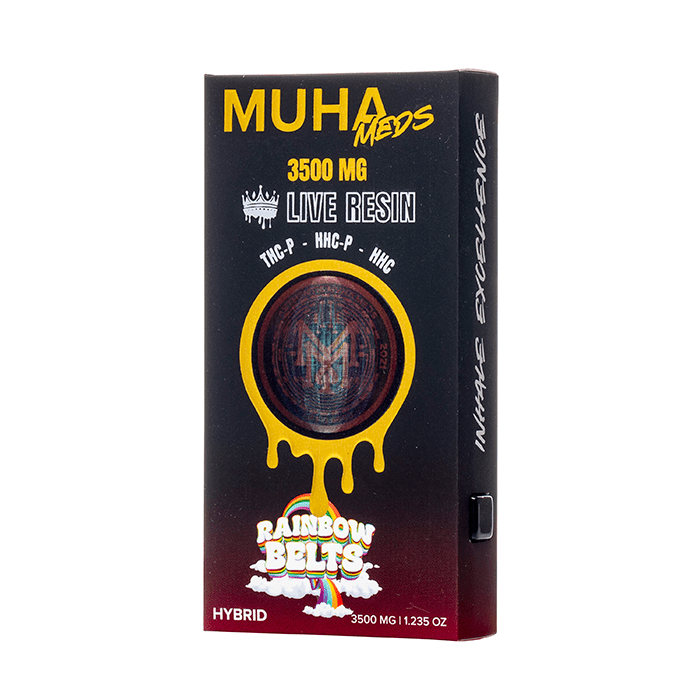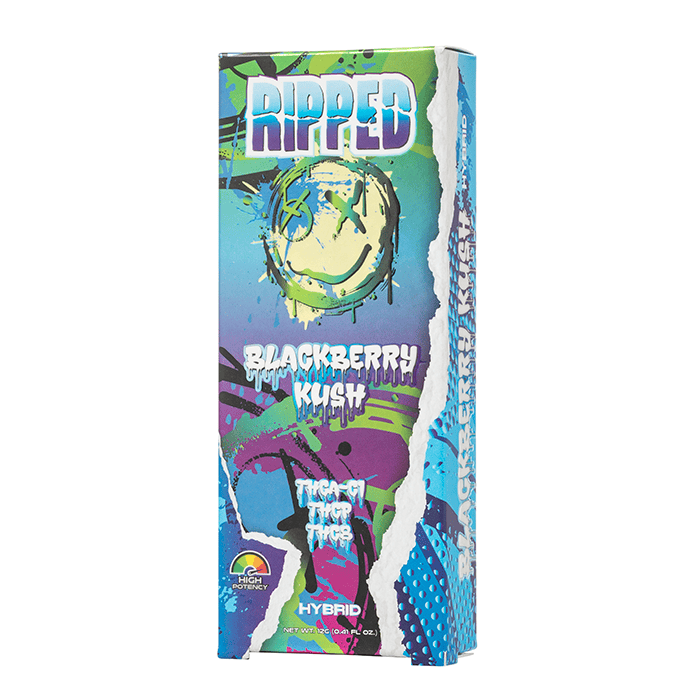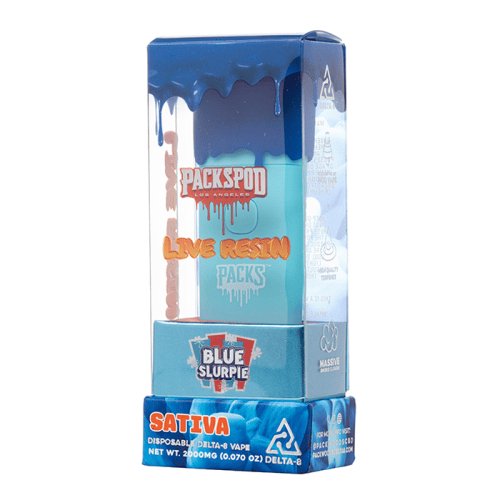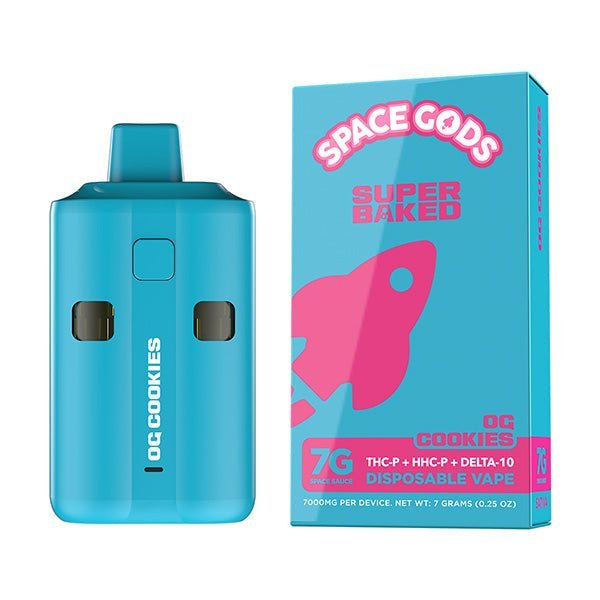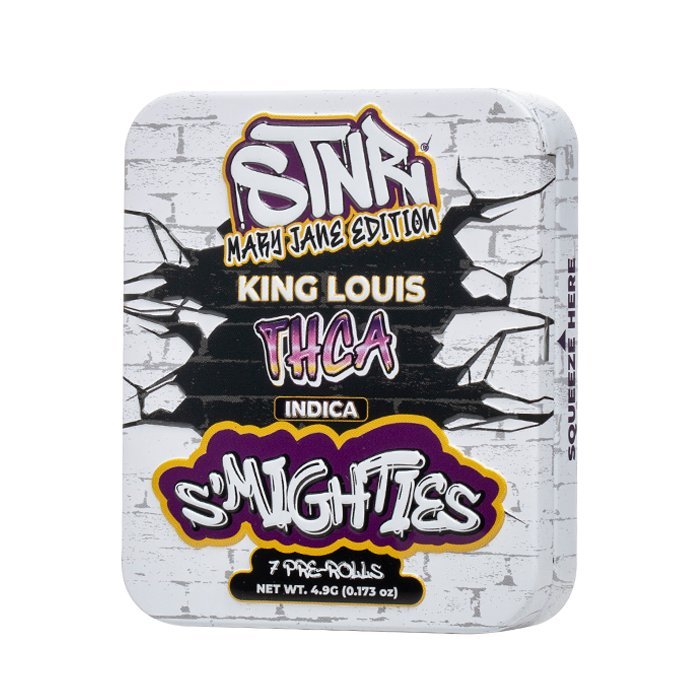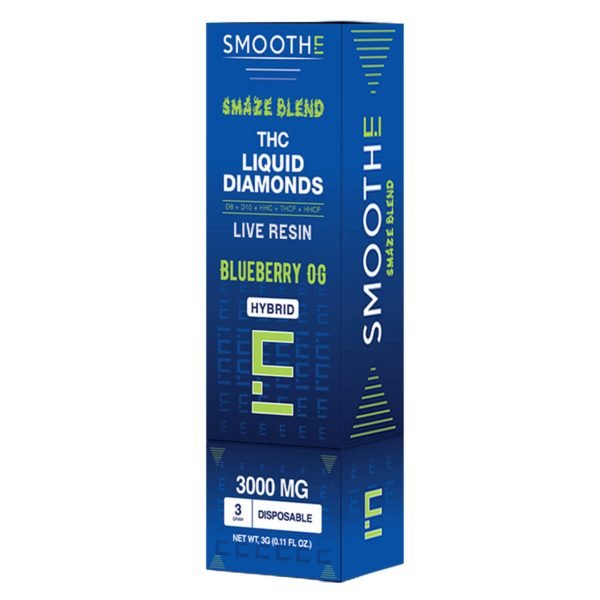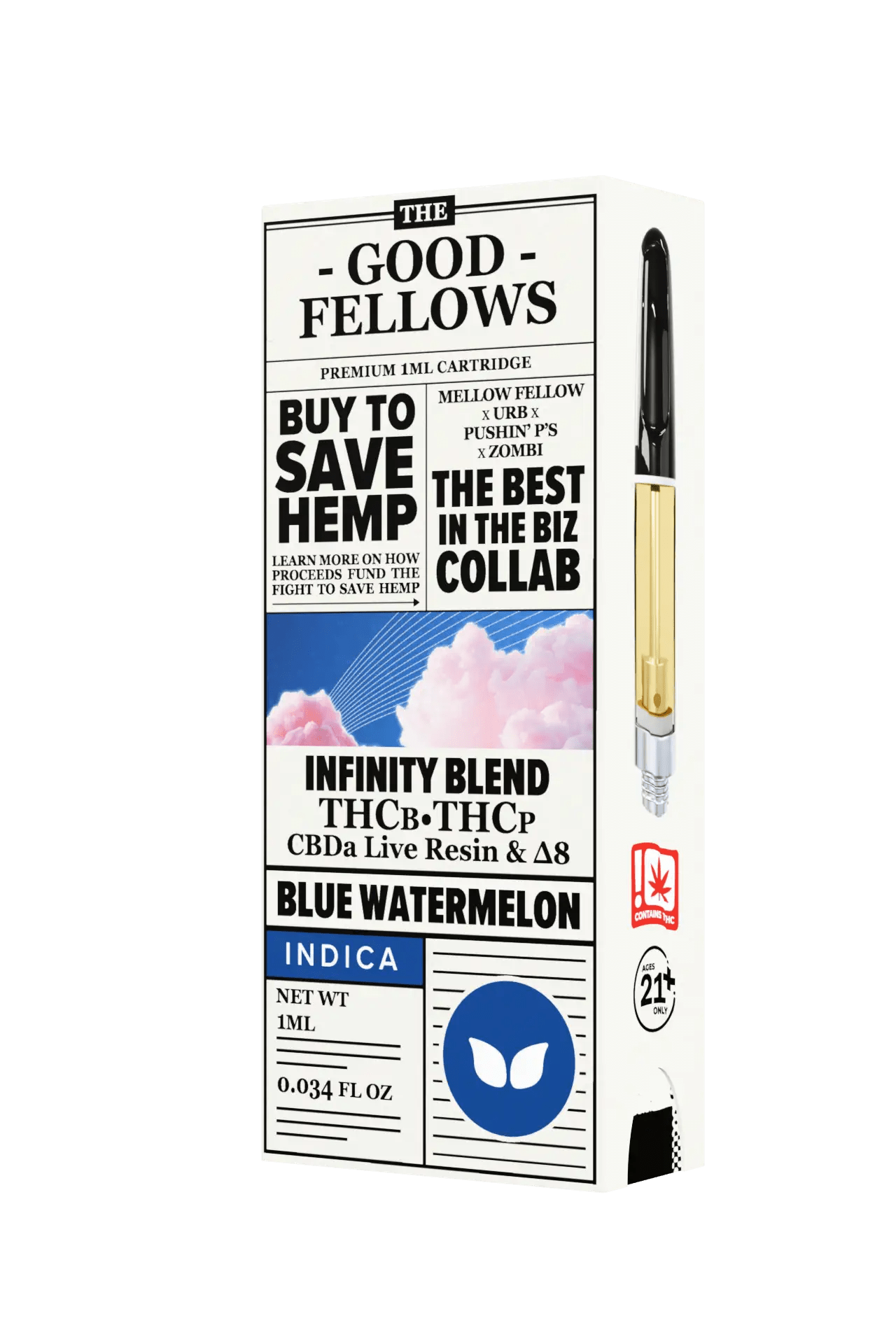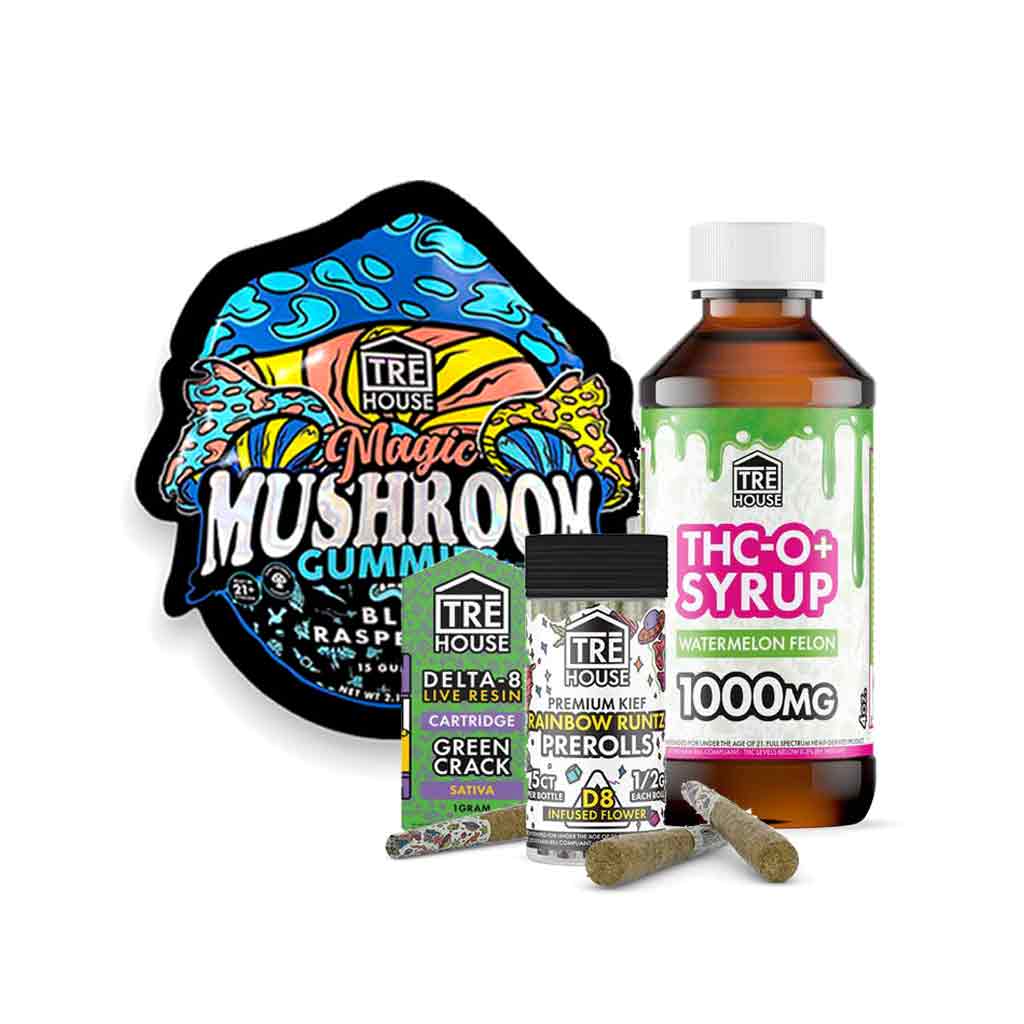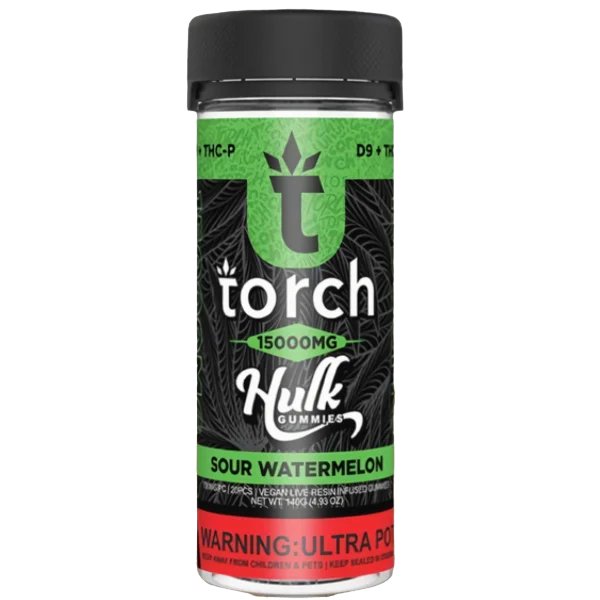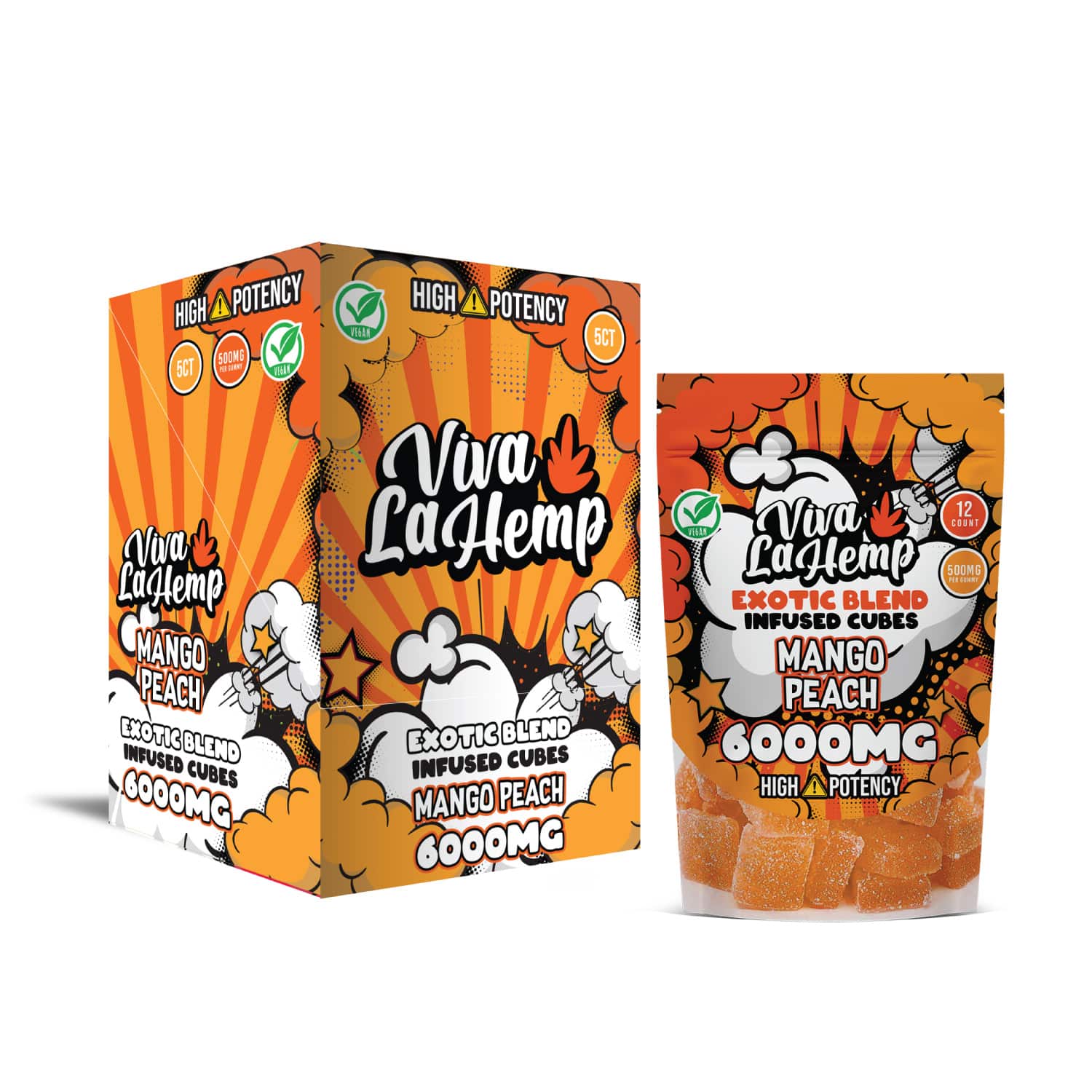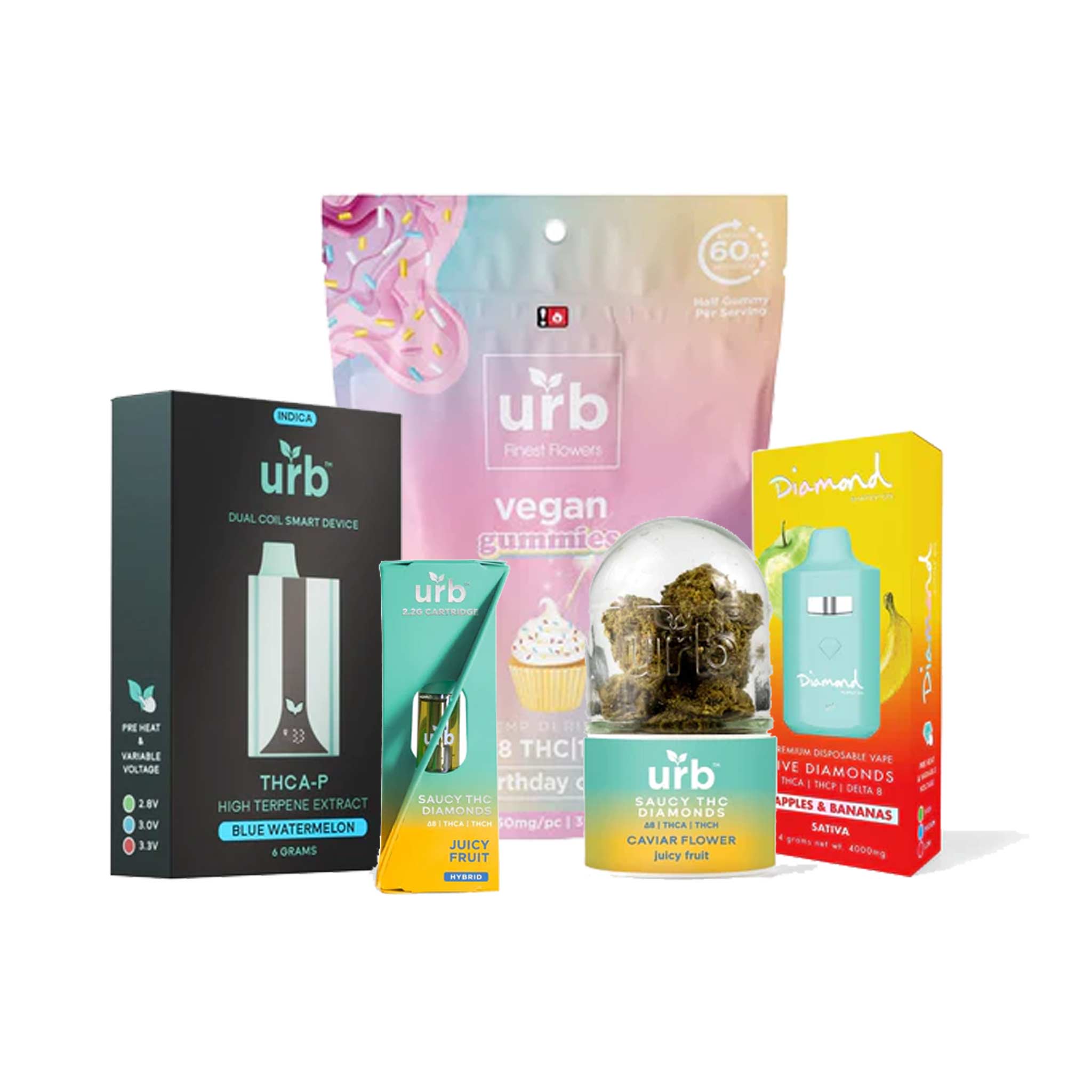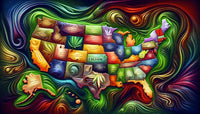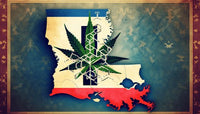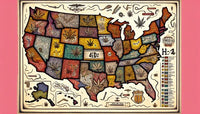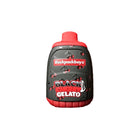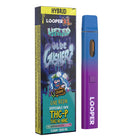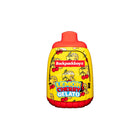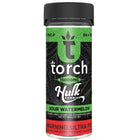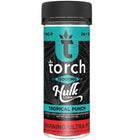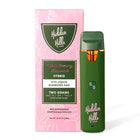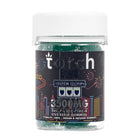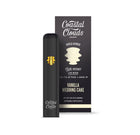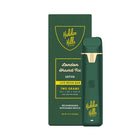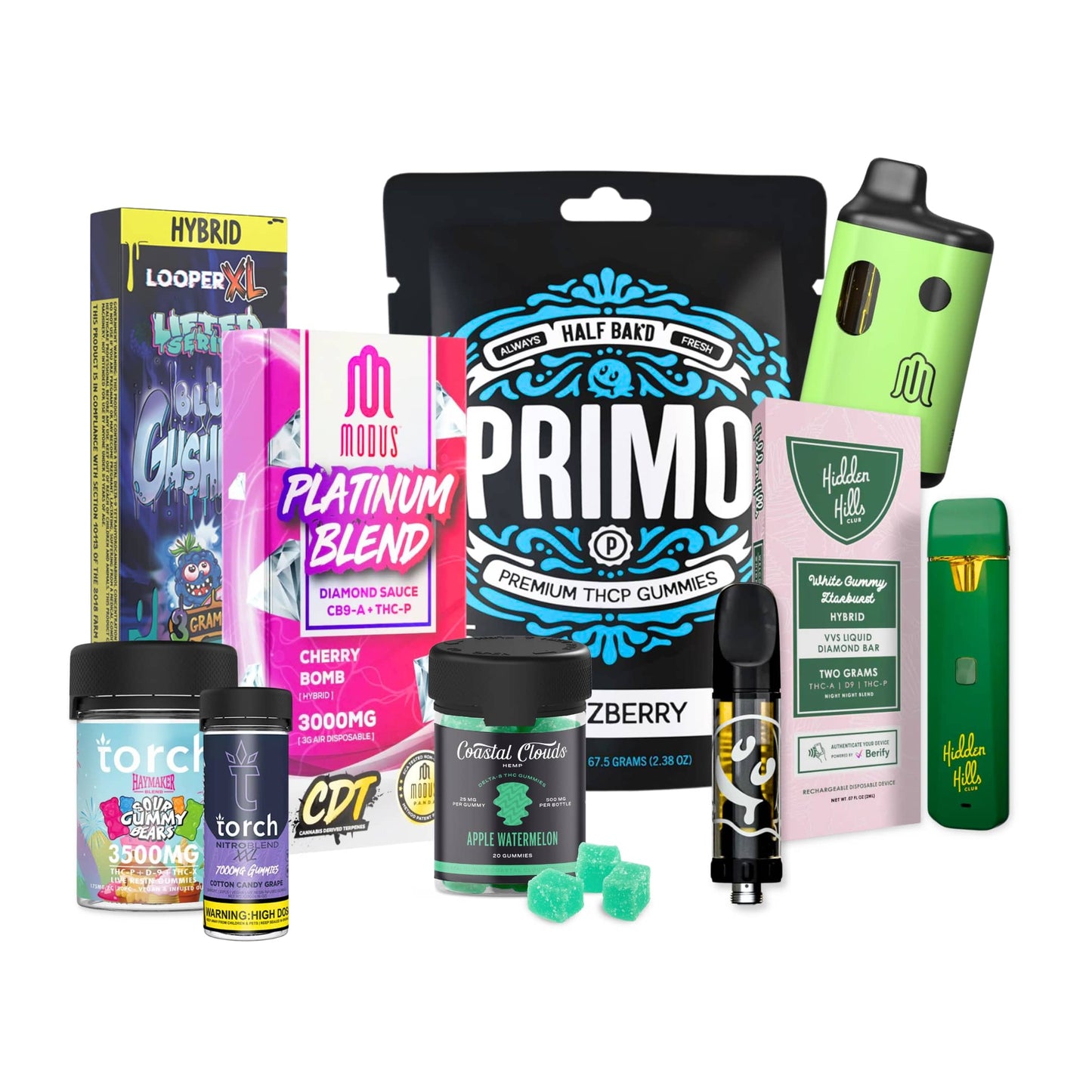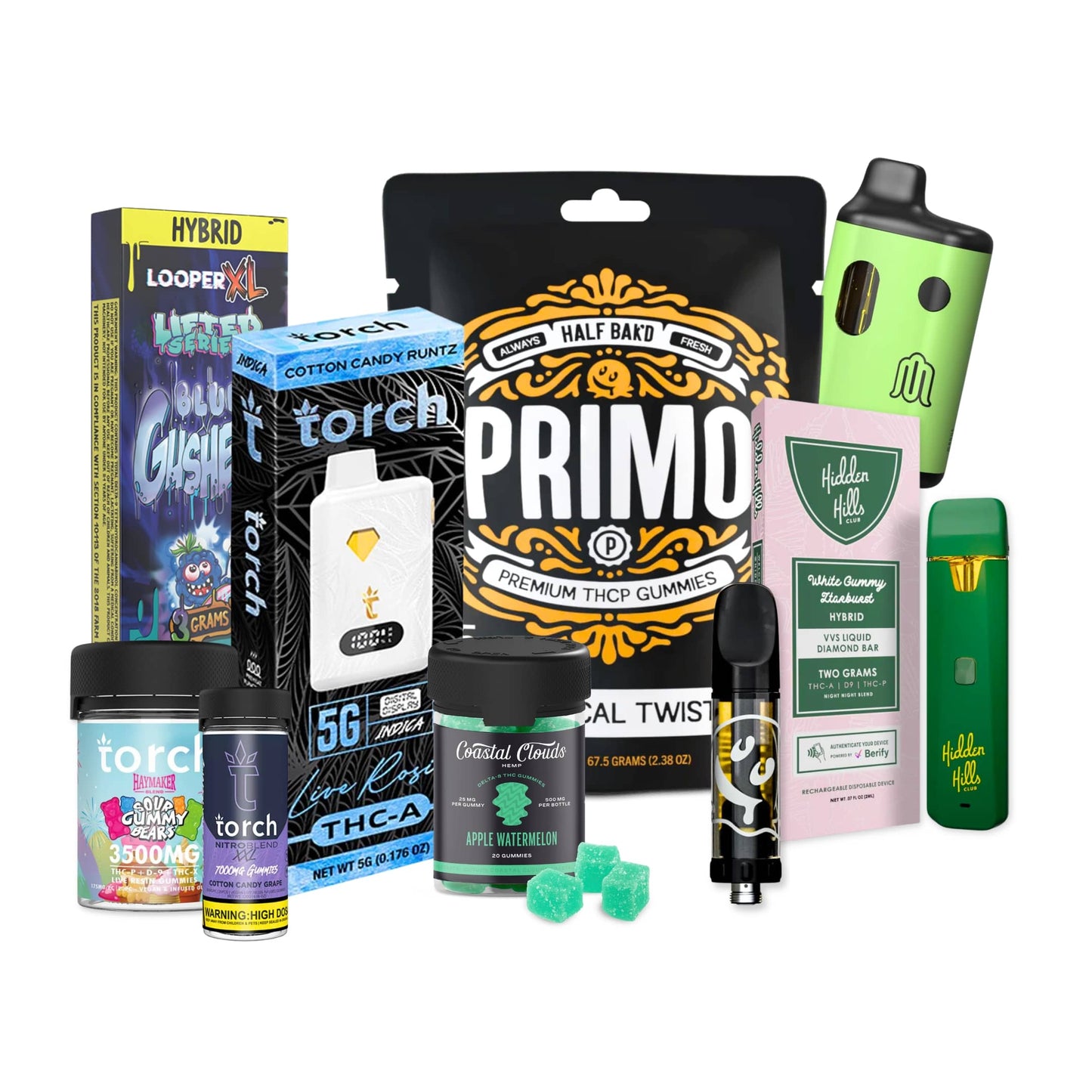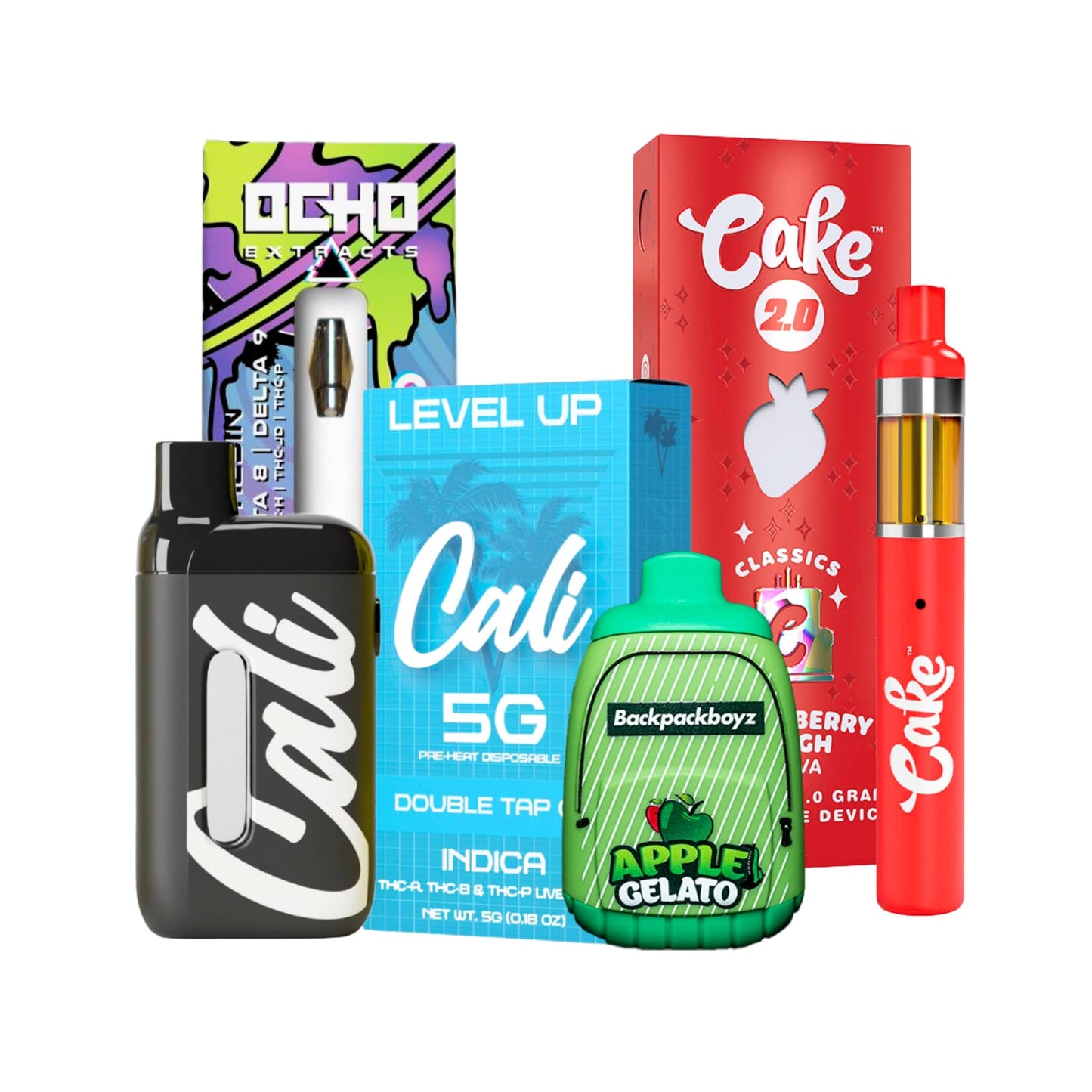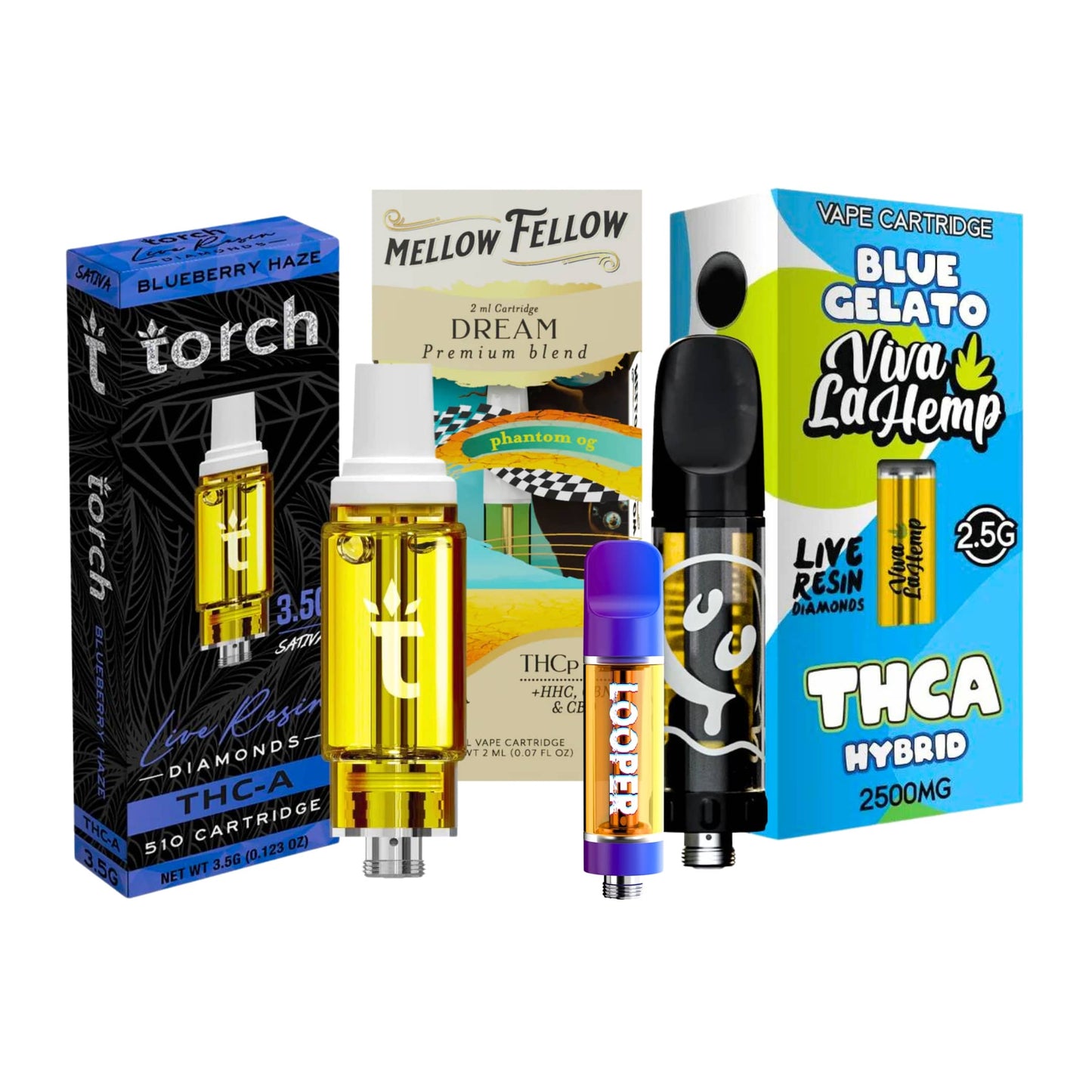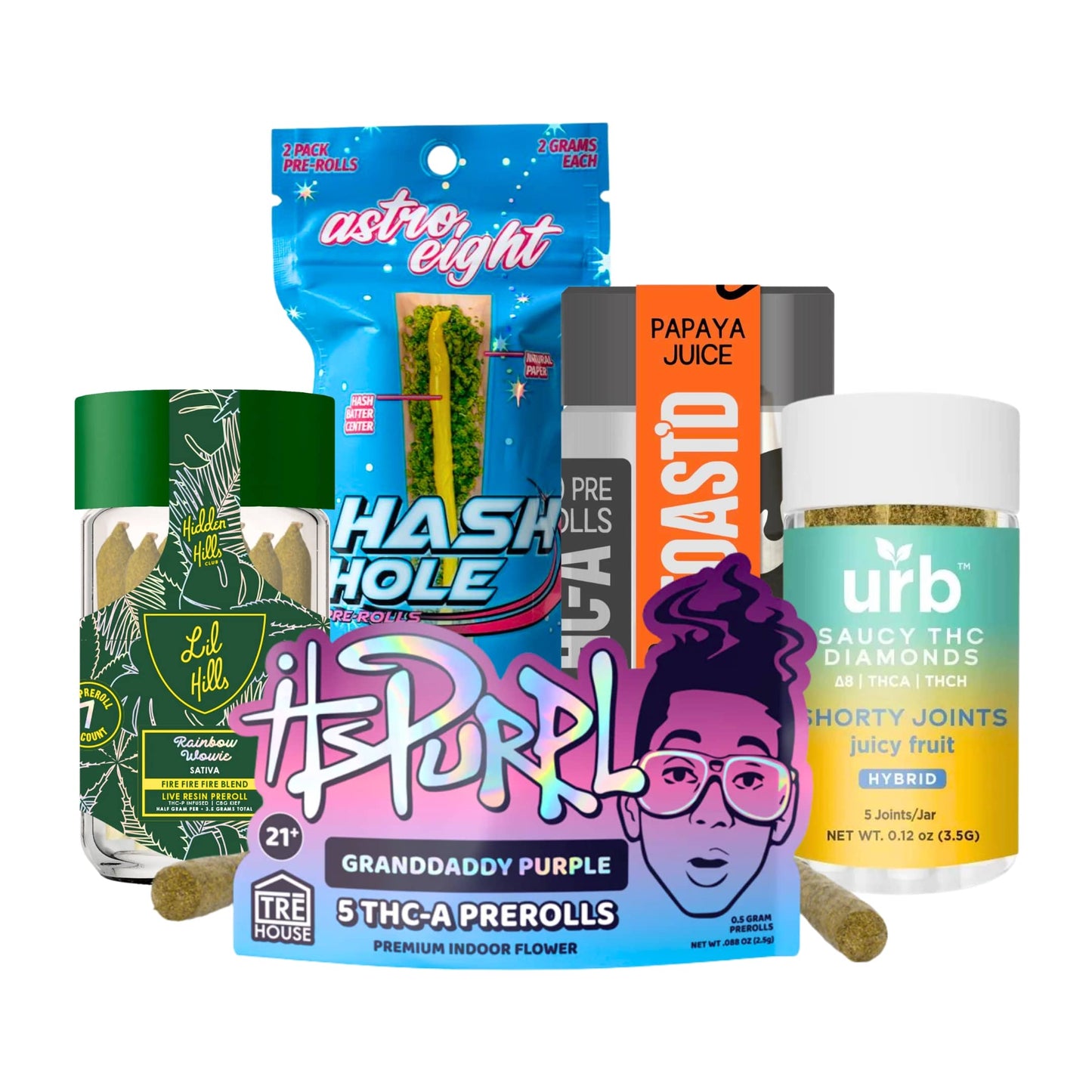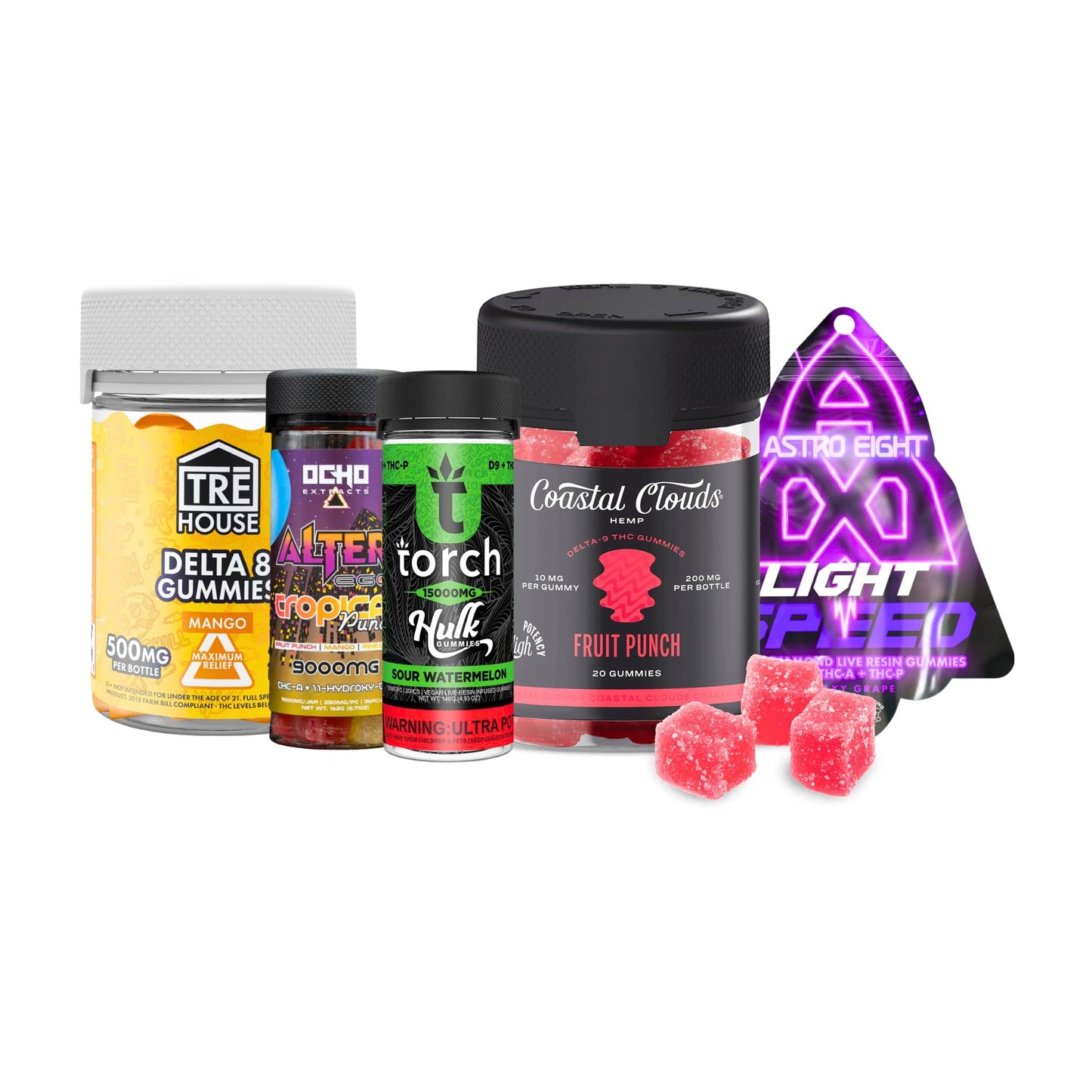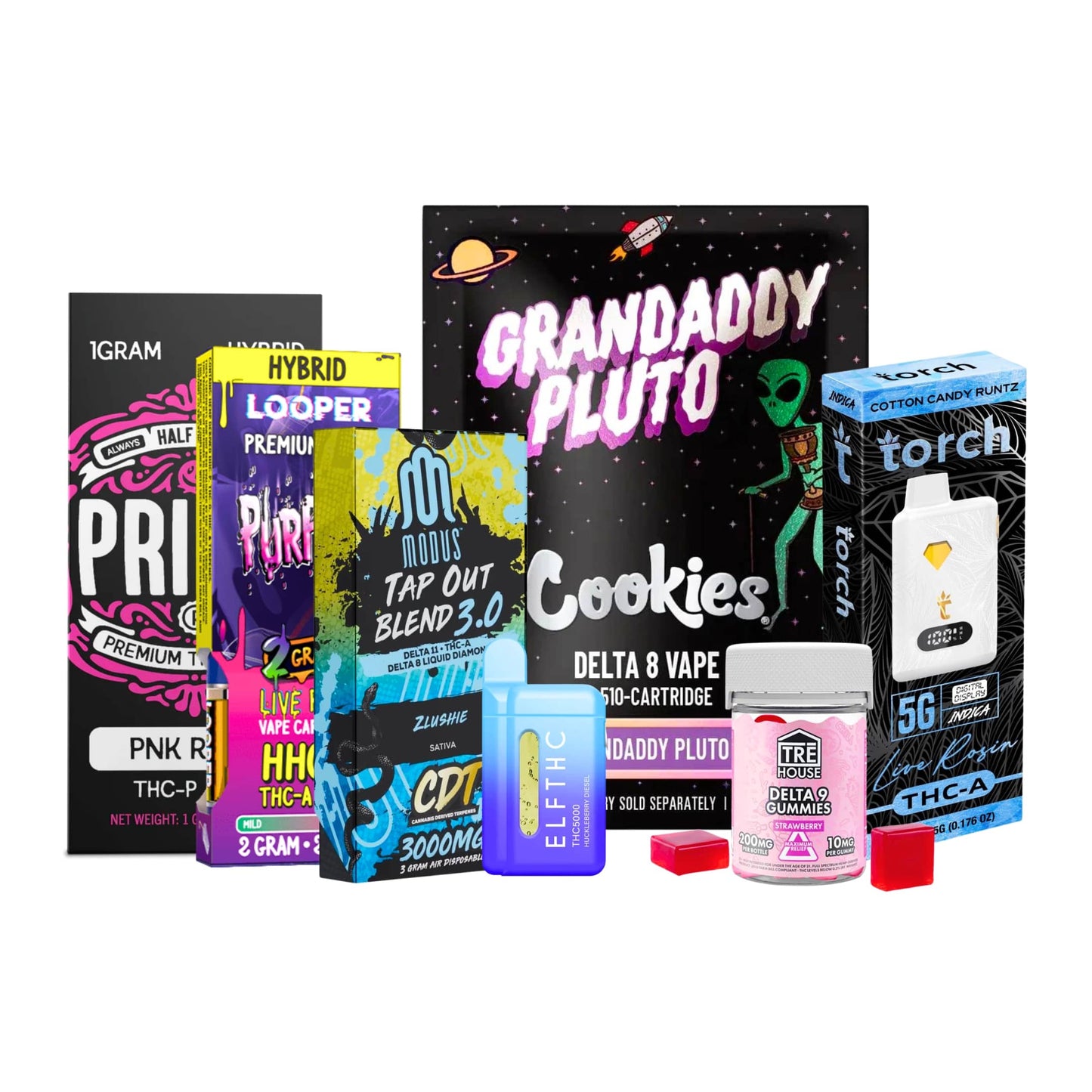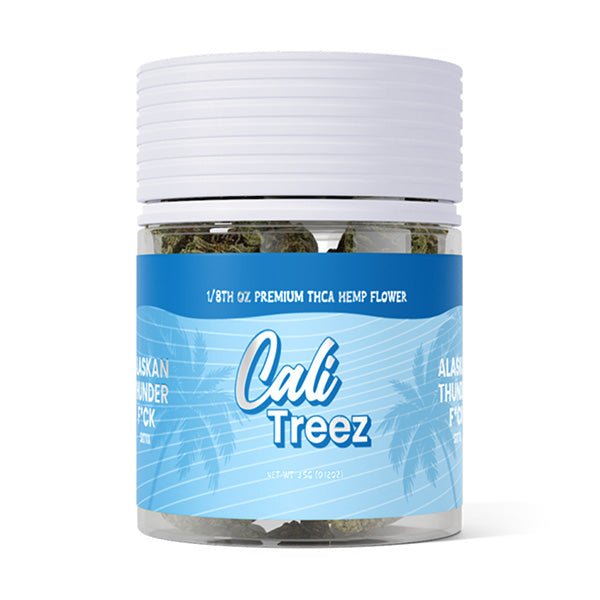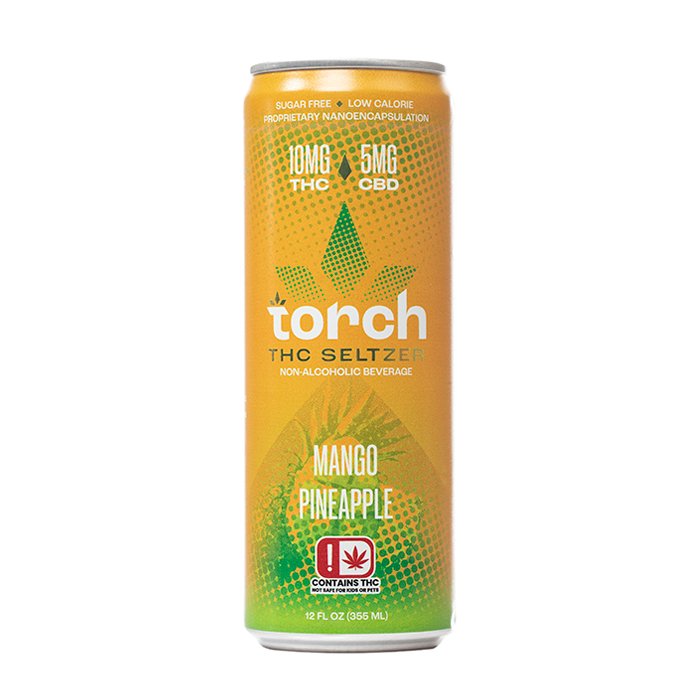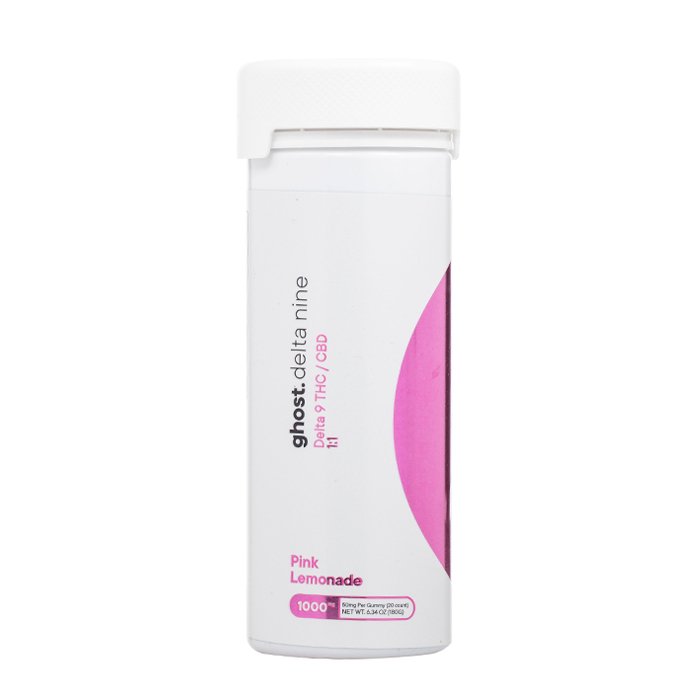Get a FREE Gummy or Vape
Sign up to get a FREE welcome vape or gummy on your first order when you buy 4 or more products.
Are you trying to find out if Delta 8 THC is legal in your state? With every state forging its own path concerning Delta 8’s legality, the answer isn’t always straightforward. Our comprehensive guide dives into the Delta 8 legal states, pinpointing where it’s legally enjoyed, where it’s under restrictions, and where it’s off-limits. Get the latest facts without the clutter to navigate the Delta 8 landscape confidently.
Key Takeaways
-
Delta 8 THC’s legality is complex, where it is federally legal under the 2018 Farm Bill, but state laws vary greatly, with some states fully legalizing, others imposing restrictions, and a few banning it outright.
-
The legal landscape for Delta 8 THC is continuously evolving with recent legislative changes, creating a patchwork of state-by-state regulations that stakeholders must navigate carefully.
-
Understanding the source and production method of Delta 8 THC is crucial, as hemp-derived Delta 8 is generally more accepted compared to marijuana-derived or synthetic variations, which some states have banned or heavily regulated.
Navigating Delta 8 Legality: Federal and State Perspectives

The conundrum of Delta 8 THC’s legality resides at the intersection of federal law and state regulations, with each having their own interpretation of what is permissible. On the federal front, the 2018 Farm Bill neatly categorized hemp as any part of the Cannabis sativa L. plant with no more than 0.3 percent Delta 9 THC on a dry weight basis. This definition freed hemp-derived cannabinoids, including Delta 8 THC, from the confines of the Controlled Substances Act. This legislative milestone has been further reinforced by a federal judge in California, who has declared the production of Delta 8 THC and other hemp-derived cannabinoids legal, cementing its federal legality.
However, the serenity offered by federal law at the federal level is often disturbed by the tumultuous waves of state law where the legality of Delta 8 THC is hotly debated. Several states have enacted their own rules, with some embracing the federal government’s stance, others navigating through legal battles, and a few outright banning the substance. The dichotomy of interpretations has led to a state by state guide that resembles a checkerboard, with patches of legal acceptance interspersed with zones of restriction. Against this backdrop, vigilance is key for stakeholders due to the ever-changing legal winds that can reshape the landscape with every legislative session.
The Current Legal Landscape of Delta 8 Across the States
As dawn breaks in America’s cannabis landscape, the legal status of Delta 8 THC casts a formidable shadow with each state holding a unique stance. This state-by-state tapestry of laws reveals a nation divided, where Delta 8’s legality ranges from full acceptance to complete prohibition, and where the intricacies of state regulations can often be as perplexing as the compound itself. The vast majority of states have taken divergent paths, with some like Illinois, Maryland, and California embroiled in legal contention, and others such as Kansas and potentially Hawaii imposing severe restrictions or outright bans on Delta 8 THC.
In this ever-shifting legal quagmire, other states have chosen to unburden Delta 8 from the heavy chains of regulation. New Mexico and West Virginia allow its unregulated presence, while Maine and North Carolina stand as beacons of full legality, showcasing the complex and oftentimes contradictory nature of cannabis legislation. It’s a landscape that requires a map as intricate as its subject, and in the following sections, we will traverse the legal terrain state by state, delving into the details of where Delta 8 THC stands in the eyes of the law.
States Where Delta 8 is Fully Legal
Across the wide expanse of the United States, there exist havens where Delta 8 THC enjoys the warmth of full legality. Twenty-two states, alongside Washington D.C., have opened their arms to Delta 8, allowing its sale and consumption with minimal regulation, much like the legalized hemp from which it is derived. The economic ripple effects of this move are not to be understated, as states like Alabama and Wisconsin have observed the potential for Delta 8 to bolster their regional economies, unregulated and free to thrive within the boundaries of the law.
These bastions of legality stand as testament to the evolving attitudes toward intoxicating hemp-derived cannabinoids, with Delta 8 THC products lining the shelves of licensed marijuana dispensaries, available to any adult who wishes to partake. Remarkably, the state laws in these regions mirror the federal government’s approach, wherein Delta 9 THC’s legal cousin can be sold without the hindrance of age limits or product type restrictions, effectively integrating Delta 8 into the fabric of the recreational and medical marijuana markets.
States With Restrictions on Delta 8
However, in the complicated ballet of legality, states do not all sway in unison. A cohort of states has chosen the path of moderation, imposing a range of restrictions on Delta 8 THC. Some of these restrictions include:
-
Age limits: States like Alabama and Wyoming have set the threshold at 21 years to prevent underage access to these intoxicating hemp-derived cannabinoids.
-
Prohibition of smokable forms: Indiana has prohibited the sale and use of smokable forms of Delta 8 THC.
-
Outlawing the chemical process of isomerization: Colorado has made it illegal to create Delta 8 THC through the process of isomerization.
These restrictions are as varied as they are specific, manifesting in:
-
stringent testing requirements in Virginia
-
prohibitive retail regulations in New Hampshire
-
legislative steps in Florida and Georgia to rein in the retail sale of Delta 8
This reflects a trend towards a more heavily regulated market for these derivative products. The landscape is complex, and for those residing in these states, navigating the legal maze requires a keen understanding of the often bespoke state laws that govern the sale and consumption of Delta 8 THC products.
States That Have Banned Delta 8
On the other end of the scale, a number of states have drawn a definitive boundary, outright banning Delta 8 THC. In these regions, Delta 8 has been explicitly banned, with states like Delaware, Hawaii, and South Dakota stamping out its presence within their borders. Michigan and Nevada have restricted Delta 8 to licensed marijuana dispensaries, creating an exclusive channel for its sale. These bans, however, are not without their quirks; enforcement varies, and in places like Mississippi, the ban appears to be more of a paper tiger, with Delta 8 products still finding their way into consumer hands.
The patchwork of bans across the nation underscores the divided stance on Delta 8 and its intoxicating kin. It is a testament to the complexity of cannabis law, where one state’s poison is another’s potion. For those residing in or traveling to these regions, understanding and adhering to state regulations is not just a matter of compliance but a safeguard against potential legal repercussions.
The bans raise questions not only about the future of Delta 8 but also about the evolving conversation surrounding the regulation of intoxicating hemp-derived cannabinoids.
Understanding Hemp-Derived vs. Marijuana-Derived Delta 8

The differentiation between hemp-derived and marijuana-derived Delta 8 THC goes beyond academic interest and is crucial for understanding the legal landscape. The subtle nuances that differentiate the two sources are often the linchpin in determining the legal status of Delta 8 products. By definition, hemp includes any Cannabis sativa plant with a Delta 9 THC concentration not exceeding 0.3 percent on a dry weight basis, as established by the 2018 Farm Bill and echoed by states like New Mexico. Consequently, hemp-derived Delta 8 is generally more widely accepted and can often be legally purchased in states like West Virginia, where both marijuana-derived and hemp-based THC products are legal.
However, the waters are muddied when it comes to Delta 8 produced through synthetic means or isomerization. Several states, including Vermont and Alaska, have taken a firm stance against such practices, potentially enveloping even hemp-derived Delta 8 depending on interpretation. This distinction highlights the importance for consumers and retailers alike to be well-informed about the source and production method of Delta 8 products, as the legal ramifications can vary significantly.
The debate on naturally occurring versus synthetically altered cannabinoids is a critical piece of the puzzle in navigating the complex mosaic of Delta 8 legality.
The Role of the Drug Enforcement Administration (DEA)

The Drug Enforcement Administration (DEA) commands significant influence in the realm of controlled substances, with its view on Delta 8 THC playing a vital role in the national discourse on cannabis regulation. The DEA’s stance is clear: Delta 8 THC synthesized from CBD is considered a controlled substance and, thus, federally illegal. However, the agency draws a line between synthetic production and natural extraction from hemp, the latter of which remains within the legal bounds set by federal law.
The implications of this are profound, as the DEA’s pending final rule on synthetic cannabinoids will likely have a significant impact on the future of substances like synthesized Delta 8 THC. This impending decision underscores the importance of staying abreast of the evolving regulatory environment, as the DEA’s actions can have far-reaching effects on public health, the legal battle surrounding cannabis products, and the very fabric of the cannabis industry itself.
For those navigating the complex waters of Delta 8 legality, understanding the DEA’s role and regulations is a compass that can help steer clear of the treacherous currents of non-compliance.
Legal Implications for Consumers and Retailers

Entering the world of Delta 8 THC products is fraught with legal subtleties, as every stage—from production to retail—requires compliance with a complex web of laws. For both consumers and retailers, this legal framework presents a multitude of challenges and responsibilities, with the Food, Drug, and Cosmetic Act (FD&C Act) and the Agriculture Improvement Act laying the groundwork for federal compliance. Consumers, in particular, must be keenly aware of their state’s regulations, as failure to comply can lead to legal issues, including potential penalties like those seen in South Dakota, where Delta 8 infractions can result in a Class 2 misdemeanor.
Retailers, on the other hand, bear the brunt of ensuring adherence to state-specific laws, which may include obtaining licenses, adhering to testing requirements, and staying informed about legislative changes. The legal implications for those involved in the retail sale of Delta 8 THC are vast, necessitating constant vigilance and a deep understanding of the complex, ever-changing regulatory landscape. It is a realm where advocacy groups and attorneys general play a critical role, guiding businesses through the legal battle to ensure compliance and safeguard against the risks associated with navigating state laws and regulations.
For Consumers: Knowing Your Rights and Risks
Consumers wading into the Delta 8 market must do so with their eyes wide open, equipped with knowledge of their state’s legal landscape to responsibly navigate the murky waters of cannabinoid consumption. Understanding the state regulations and age restrictions is paramount, as these laws are designed to protect public health and ensure responsible use. While there are no federal age limits for the purchase of Delta 8 THC, state-specific requirements can vary significantly, with some states imposing stringent age restrictions to prevent underage access to these intoxicating products.
Hence, it is incumbent upon consumers to remain informed and vigilant, verifying the legality of Delta 8 products in their respective states before making a purchase. This proactive approach not only ensures compliance with the law but also minimizes the risk of encountering legal pitfalls. In an environment where the regulatory framework is as dynamic as the compounds it governs, knowledge truly is power for the consumer.
For Retailers: Navigating State Laws and Regulations
Retailers of Delta 8 THC face a daunting task, as the patchwork of state laws presents a challenging maze to navigate. The cornerstone of retail legality lies in obtaining the appropriate state-specific licenses, a prerequisite for operating within the confines of the law. The variations in state regulations are extensive, with some states imposing different potency thresholds and retail rules, while others lack comprehensive laws governing the safe production and sale of Delta 8 products.
For retailers, ensuring compliance with state laws is a multifaceted endeavor. It involves:
-
Keeping abreast of legislative updates
-
Adhering to stringent testing requirements
-
Ensuring that product labels meet the legal standards of the state in which they operate
-
Staying engaged with advocacy groups and legal resources
These entities can provide invaluable guidance and support in the ever-evolving legal battle surrounding Delta 8 THC derived from cannabis plants, including the cannabis plant.
In essence, for retailers, success in the Delta 8 market depends on a thorough understanding of the regulatory framework and a commitment to remaining well-informed and compliant.
The Evolving Legal Status of Delta 8: Recent Changes and Trends
Just as time never halts, the legal landscape of Delta 8 THC is also perpetually evolving. Recent legislative developments have seen states like New Jersey contemplate new restrictions on THC content in hemp products, potentially ushering in a new era of regulation by the state’s Cannabis Regulatory Commission. Conversely, South Dakota has taken a definitive stance by implementing a strict ban, prompting a last-minute flurry of sales as retailers scramble to offload their inventory before the ban’s enforcement. This dynamic environment underscores the importance of staying informed and adaptable in the face of change.
Legal challenges are also part of the evolving narrative, with Maryland experiencing legal actions against limitations imposed on the sale of Delta 8 products. Despite the bans in certain states, Delta 8 THC continues to be sold openly in areas like Hawaii and Mississippi, highlighting inconsistencies in enforcement and adding to the complexity of the legal picture. Moreover, a federal appeals court ruling has set a legal precedent that Delta 8 THC is exempt from control under current statutes, potentially influencing its legal status in the future. As the legal status of Delta 8 THC continues to evolve, it becomes increasingly clear that its journey is far from over, with the path ahead filled with potential shifts and turns.
The Debate Over Intoxicating Hemp-Derived Cannabinoids
The emergence of Delta 8 THC has ignited intense discussions about the role of intoxicating hemp-derived cannabinoids in society, with public health, safety, and regulation being key topics. The FDA has issued warnings about the safety of Delta-8 products, citing over 2,300 reported exposure cases with symptoms ranging from dizziness to difficulty breathing. The unregulated status of these products, often sold without requiring a license, raises concerns about accessibility for minors and the potential presence of harmful substances. These concerns are heightened by the fact that the intoxicating effects of Delta 8 raise questions about the compound’s impact on public health and safety.
The market for Delta 8 products is also under scrutiny, with debates focusing on how the wider legalization of marijuana might impact their popularity. Critics of restrictive legislation, such as the New Jersey bill, argue that THC limits in hemp products may be too low to produce any effect, reflecting broader public sentiment on THC regulation. Senator Young has voiced concerns about Delta 8 THC, particularly regarding its mental alteration implications and the legislative challenges it poses. This ongoing debate reflects the balancing act between ensuring public safety and providing access to novel and potentially beneficial cannabinoids, a challenge that continues to shape the legal and regulatory framework for Delta 8 and its intoxicating hemp-derived counterparts.
A Closer Look at Specific States' Stances on Delta 8
As we navigate the diverse legal landscape of Delta 8 THC across the United States, it’s clear that individual states have developed their own set of rules and regulations, each with a distinct method of dealing with this contentious cannabinoid. Maryland, for instance, has seen the hemp industry secure a temporary injunction against the state, pausing the enforcement of certain hemp-related provisions while legal battles continue. In Connecticut, Senate Bill 1201 has categorized cannabis with more than 0.3% THC as marijuana, limiting the sale of Delta 8 to licensed dispensaries. These examples illustrate how state definitions and regulations can greatly influence the status of Delta 8, affecting everything from retail sale to consumer access.
Peering into the regulatory landscape of individual states reveals the nuances and complexities that define the state-by-state approach to Delta 8 legality. From South Carolina’s stringent labeling restrictions to Rhode Island’s controlled substance classification, the variance is as vast as the nation itself. The following sections will take a closer look at how South Carolina, Rhode Island, and South Dakota have each approached the regulation of Delta 8 THC, offering insight into the diversity of state laws and the importance of understanding the intricacies of local legislation.
South Carolina's Approach to Delta 8 Regulation
In the verdant landscapes of South Carolina, the approach to Delta 8 regulation is one of caution and control. The state has legalized full-spectrum hemp oil and extracts as long as they adhere to the federal limit of 0.3% Delta 9 THC, yet it has issued a ban on CBD products and synthetic forms of psychoactive THC, which includes certain Delta 8 products. Edible hemp products in South Carolina must bear clear labels indicating that items containing banned substances are not for sale, reflecting the state’s commitment to stringent labeling requirements.
Currently, discussions in South Carolina are underway regarding the unrestricted status of Delta 8 THC, with potential legislation on the horizon that may introduce age restrictions, comprehensive testing, and strong labeling standards. The state’s approach is indicative of a broader trend towards more regulated markets for intoxicating hemp-derived cannabinoids, as lawmakers and regulators seek to balance the economic potential of Delta 8 with the need to protect consumers from untested and potentially harmful products.
Rhode Island's Controlled Substance Classification
Rhode Island’s stance on Delta 8 is clear-cut, with the state classifying the compound as a controlled substance and effectively banning its sale and use. Despite this classification, Rhode Island has a history of progressive cannabis legislation, having legalized marijuana for medical purposes as early as 2006 and, more recently, for recreational use with the enactment of the Rhode Island Cannabis Act in 2022. The act permits adults aged 21 and over to possess, cultivate, and use limited amounts of marijuana, with specific caps on THC content per serving.
The dichotomy between Rhode Island’s approach to marijuana and hemp-derived THC products illustrates the fluidity and complexity of cannabis-related legislation. While all forms of hemp-derived THC are legal for adults, the ban on smoking THC products in non-smoking areas and the commencement of recreational marijuana sales from approved dispensaries without serving amount caps for THC isomers like Delta 8 signify the nuanced nature of the state’s regulations. Rhode Island’s controlled substance classification of Delta 8 THC adds another layer to the intricate tapestry of state laws governing cannabinoids, highlighting the need for consumers and retailers to be well-versed in local legislation.
The Regulatory Framework in South Dakota
Amidst the prairies of South Dakota, the regulatory framework for Delta 8 is characterized by a strict ban that underscores the state’s conservative stance on this cannabinoid. Although Delta-9 THC derived from hemp is legal as long as it complies with the Farm Bill’s definition, which stipulates a delta-9 tetrahydrocannabinol concentration of not more than 0.3 percent on a dry weight basis, Delta 8 THC has been placed under prohibition. The state’s hemp plan includes specific definitions and regulations for industrial hemp and its derived products, ensuring alignment with federal standards.
Furthermore, South Dakota permits the online purchase of hemp-derived products, allowing consumers to legally acquire Delta-9 THC products like gummies discreetly. The recent legalization of hemp-derived products, including CBD and Delta-9 THC, reflects South Dakota’s willingness to embrace certain aspects of the hemp industry while maintaining a regulated market to prevent the sale and use of unauthorized cannabinoids. The state’s definition of ‘industrial hemp product’ as a finished product containing Delta-9 THC with a concentration of no more than 0.3 percent on a dry weight basis is a testament to its commitment to adhering to federal guidelines while crafting its own rules within the regulatory framework.
Summary
As we conclude this comprehensive exploration into the labyrinth of Delta 8 THC’s legal status across America, it becomes evident that the journey is as diverse as the states themselves. From the federal government’s delineation of hemp-derived cannabinoids to the varied state laws that govern Delta 8 THC, the landscape is one of complexity and continual evolution. Consumers and retailers alike must navigate this intricate web with caution and awareness, staying informed about the latest legislative changes and trends that shape the industry.
The debate over intoxicating hemp-derived cannabinoids, the role of the DEA, and the specific stances of states such as South Carolina, Rhode Island, and South Dakota exemplify the multifaceted nature of Delta 8 regulation. As we look to the future, it’s clear that the conversation surrounding Delta 8 THC is far from settled. The ongoing legal challenges, the potential for new legislation, and the public discourse on safety and accessibility will continue to influence the trajectory of Delta 8’s acceptance and regulation. For stakeholders in this dynamic market, the key to success lies in adaptability, legal compliance, and a proactive approach to understanding the shifting sands of cannabinoid law.
Frequently Asked Questions
Is Delta 8 THC legal at the federal level?
Yes, Delta 8 THC is legal at the federal level when derived from hemp with less than 0.3% Delta 9 THC, as per the 2018 Farm Bill. However, synthetically produced Delta 8 THC is considered federally illegal.
Can I purchase Delta 8 THC products in any state?
No, the legality of Delta 8 THC varies by state, so it's essential to check your state's specific laws before purchasing.
Are there age restrictions for purchasing Delta 8 THC products?
Yes, there are age restrictions for purchasing Delta 8 THC products, with some states setting the minimum age for purchase at 21 years old. It's crucial to verify the local laws as these restrictions vary by state.
What are the implications for retailers selling Delta 8 THC?
Retailers selling Delta 8 THC need to be aware of state laws, obtain licenses, follow testing requirements, and ensure compliant product labeling to adhere to legal standards and stay informed about legislative updates for compliance.
Has the legal status of Delta 8 THC changed recently?
Yes, the legal status of Delta 8 THC has recently changed due to new legislation in states like New Jersey and South Dakota, as well as ongoing legal challenges in states like Maryland.


